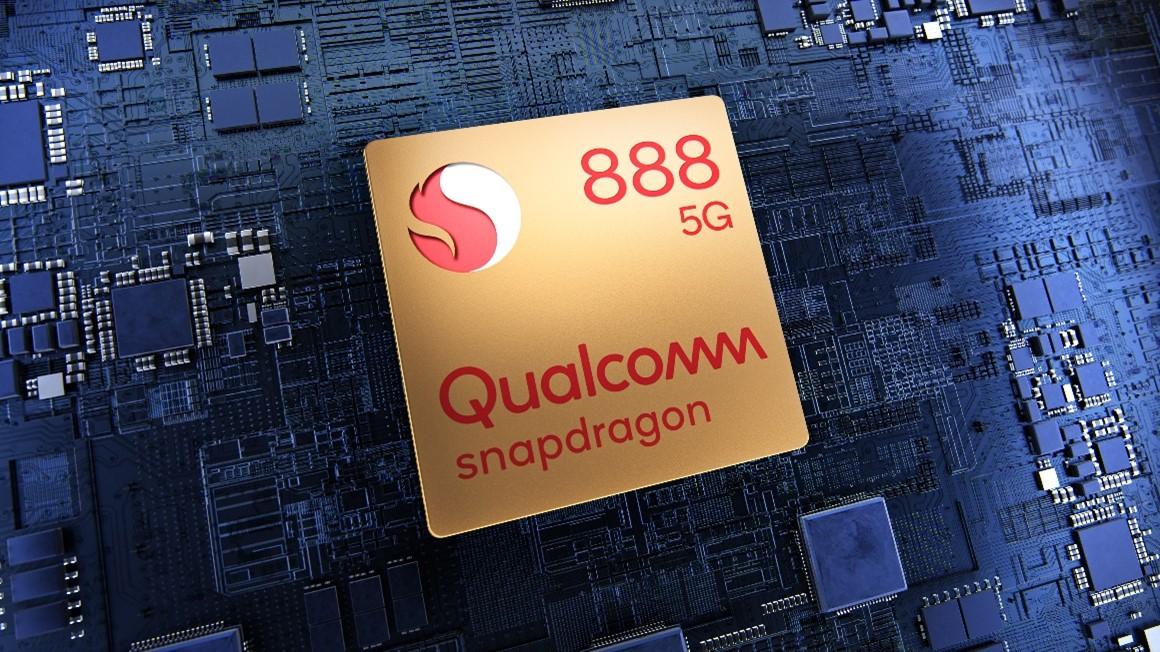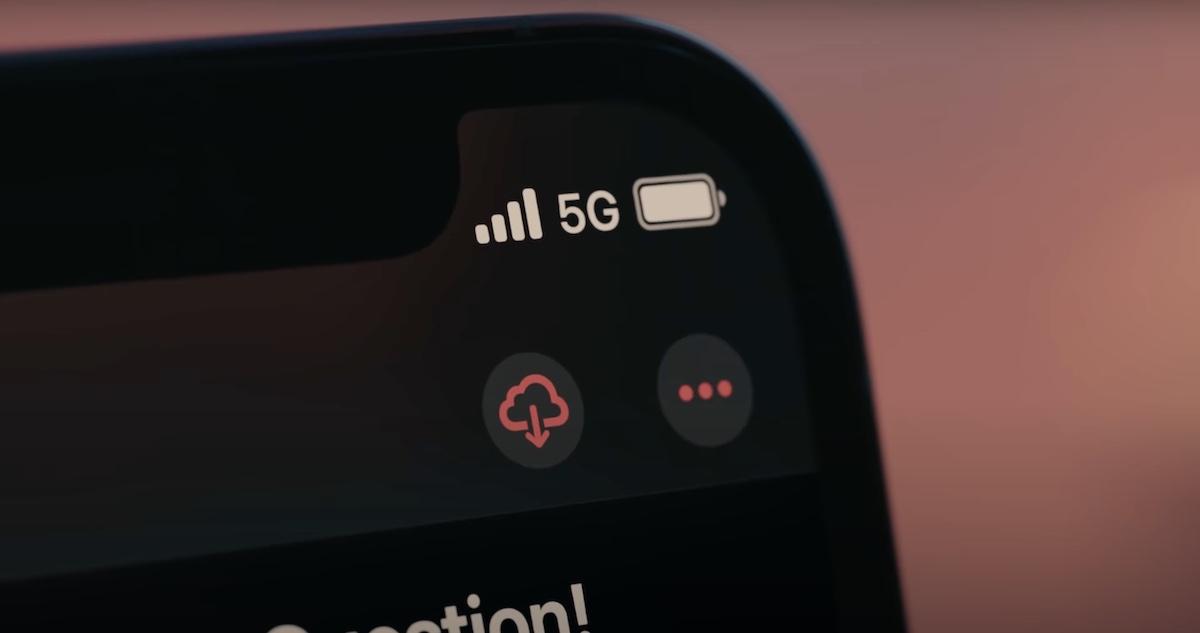After the launch of Apple’s first-generation 5G-enabled device in 2020, the iPhone 12 series, it was reported that the tech giant was building its own custom 5G modems for iPhone, iPad, and Apple Watch to reduce its reliance on Qualcomm. It was speculated that 2023 iPhone models would be shipped with in-house 5G chips manufactured by TSMC.
Now, tech analyst Ming-Chi Kuo writes that Apple did not succeed in developing its custom 5G modem and is going to procure the connectivity chips from Qualcomm at least till 2023.

Qualcomm to be Apple’s only supplier of 5G modems until it develops its own 5G chips
Currently, Apple uses LTE and 5G chips manufactured by Qualcomm. It was also alleged that Qualcomm bribed the Cupertino tech giant to be the sole supplier of connectivity chips. And it has been a mutually beneficial partnership for the tech companies.
The popularity of the 5G iPhone 12 series boosted Qualcomm’s Q3, 2020 earnings by 37.6% and hit $4.967 billion, landing it the number one spot in the earnings in Q3 2020. Now Qualcomm stands at the number one spot in the revenue ranking of the global top 10 IC design companies for the aforementioned quarter.

As per Kuo’s information, Qualcomm will continue to reap the benefits of beings Apple’s only 5G chips supplier.
In a series of tweets, Kuo claimed that his latest survey revealed that the Cupertino tech company failed to develop an in-house 5G modem and Qualcomm’s 5G chips will be used in 2023 iPhones and will hold 100% share of the 5G chip supply.
Qualcomm will remain exclusive supplier for 5G chips of 2H23 new iPhones, with a 100% supply share (vs. company’s previous estimate of 20%).
Qualcomm’s revenue and EPS in 2H23-1H24 will likely beat market consensus thanks to its sole supplier position for 5G chips of 2H23 new iPhones as Apple fails to replace Qualcomm.

He also mentions that the Cupertino tech giant will continue to work on its 5G modem to eventually replace Qualcomm. Previously, WSJ predicted that a custom 5G chip would have a lot of advantages for Apple like the M1 process for Macs.
- Reduction in cost of 5G-enabled devices.
- Liberate the tech giant from being dependent on suppliers.
- The company can offer more innovative features.
- Lead to the development of AR-enabled devices like Apple Glasses.
The tech giant introduced 5G network support in the latest tablets as well: iPad Pro (2021), iPad mini 6 (2021), and iPad Air (2022). The company is also expected to launch a new iPad 10 with 5G network support later this year.